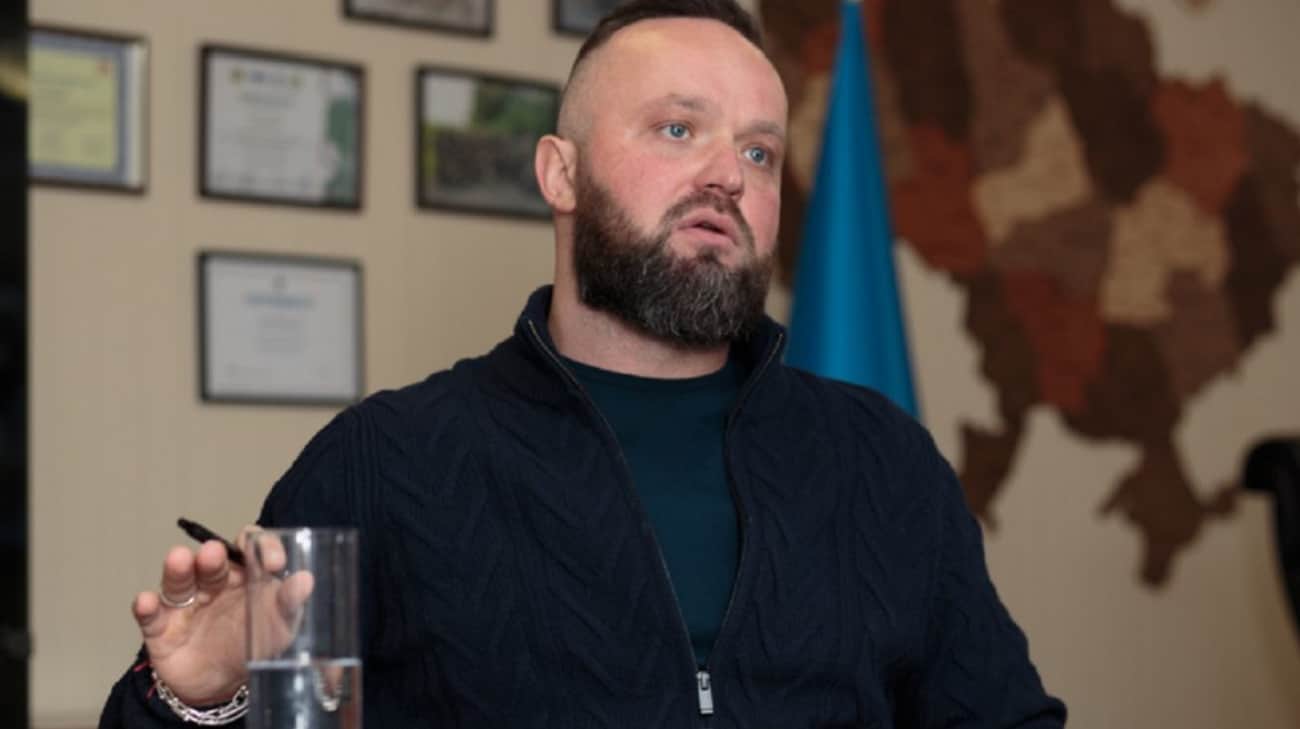Horoscope
SM Krishna: Man who played key role in transforming Bengaluru into global IT hub

Somanahalli Mallaiah Krishna, a key figure in Indian political landscape, who played a vital role in transforming Bengaluru into a global hub, passed away on Tuesday morning at the age of 92.
A recipient of the Padma Vibhushan, Krishna served as Karnataka’s chief minister from 1999 to 2004 and as India’s external affairs minister, in his six-decade long political career.
Born on May 1, 1932, in Somanahalli village of Mandya district, Krishna was an academically brilliant student. Son of SC Mallaiah, he earned his law degree from Bengaluru’s Government Law College and was a Fulbright Scholar at Southern Methodist University and George Washington University in the United States.
Upon returning to India, Krishna initially worked as a professor of international law at Renukacharya Law College in Bengaluru.
He began his political journey in 1962, winning a seat in the Karnataka Legislative Assembly by defeating HK Veeranna Gowda, a minister in Nijalingappa’s cabinet.
Krishna rose through the ranks and entered national politics in 1968 as a Lok Sabha member.
Representing Mandya for two consecutive terms, he later returned to Karnataka politics in 1972. Over the years, he held key portfolios, including Minister for Commerce, Industries, and Parliamentary Affairs, Speaker of the Karnataka Assembly, and Rajya Sabha member.
As chief minister from 1999 to 2004, Krishna played a vital role in the transformation of Karnataka as a tech hub.
Also Read: SM Krishna, former Karnataka CM and Maharashtra governor, dies at 92
His governance emphasised public-private partnerships and corporate-style management, earning global recognition.
Initiatives like the Bangalore Agenda Task Force (BATF) exemplified his forward-thinking approach to urban development.
“SM Krishna was a visionary modernizer who transformed Karnataka into a global tech leader. His creation of Vision Groups remains a unique model worldwide. He was one of the greatest Chief Ministers the country has seen,” said Biocon Chairperson Kiran Mazumdar-Shaw.
A senior bureaucrat who worked closely with Krishna likened him to a CEO rather than a chief minister.
“When he assumed office in 1999, he knew that Chandra Babu Naidu was also leveraging the IT boom. He told reporters he would function more like a CEO than a CM,” said the official, requesting anonymity.
Krishna’s tenure faced significant challenges, including the 108-day kidnapping of Kannada actor Dr Rajkumar by the notorious sandalwood smuggler Veerappan.
The incident, which caused widespread unrest, saw Krishna make an emotional appeal on All India Radio (AIR) for Rajkumar’s release.
While negotiations secured the actor’s safe return, the episode dented the government’s image. His tenure also saw standoffs between Tamil Nadu over the Cauvery water-sharing issue.
While Krishna’s tenure laid the foundation for Bengaluru’s emergence as a global innovation hub, his administration faced criticism for an urban-centric focus, with rural communities contending with drought and agrarian distress. His decision to call early assembly elections in 2004, alongside Lok Sabha polls, backfired, resulting in a fractured mandate and the end of his tenure as chief minister.
In 2004, Krishna was appointed Governor of Maharashtra, serving until 2008. During his tenure, he played a pivotal role in approving the controversial ban on dance bars, navigating the state’s political challenges with his characteristic composure.
Returning to national politics in 2009, Krishna became India’s external affairs minister under Prime Minister Manmohan Singh. He managed key diplomatic challenges, representing India on the global stage.
Krishna earned plaudits as a statesman with an international outlook, except for a rare misstep that occurred at the United Nations Security Council in 2011, when Krishna mistakenly read the Portuguese foreign minister’s speech.
In 2017, Krishna left the Congress Party and joined the BJP at the age of 84, citing dissatisfaction with the Congress’s direction. Though he maintained a low profile after the switch, he participated in campaigning during the 2019 elections. In January 2023, Krishna retired from active politics after over six decades of public service.
Tributes poured in from across the political spectrum following Krishna’s demise.
President Droupadi Murmu noted his unwavering commitment to public service, while Prime Minister Narendra Modi praised his focus on infrastructure and governance, describing him as “a remarkable leader admired by people from all walks of life.”
“I will always cherish my interactions with him,” Modi wrote on social media.
“He is fondly remembered for his tenure as Karnataka’s Chief Minister, particularly for his focus on infrastructural development. Shri SM Krishna Ji was also a prolific reader and thinker,” he added.
Karnataka chief minister Siddaramaiah acknowledged Krishna’s pivotal role in shaping the state’s IT and biotech sectors, calling him “a statesman without enemies.”
“Karnataka will always remain indebted to his contributions, particularly towards the growth of the IT and BT sectors,” he said.










